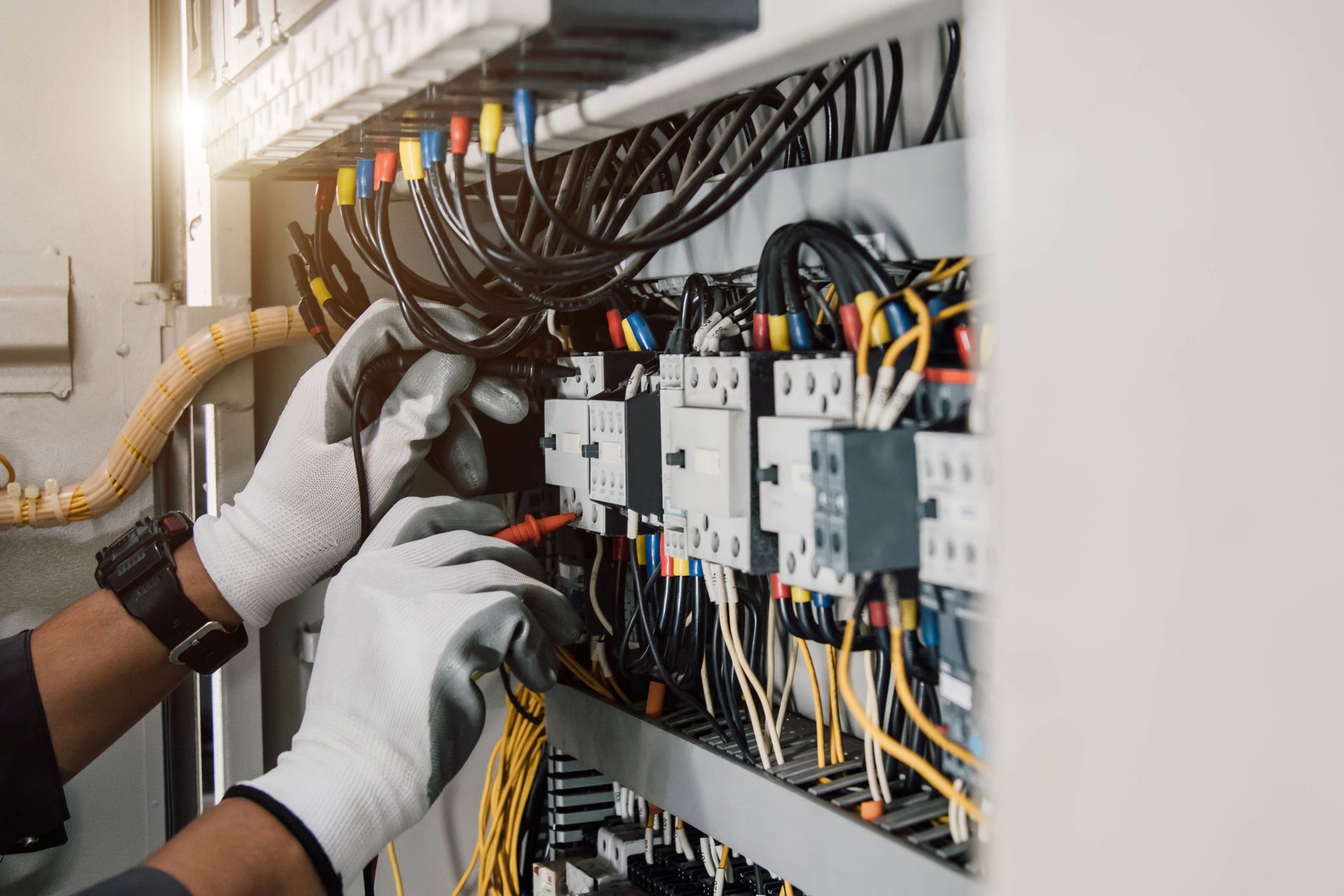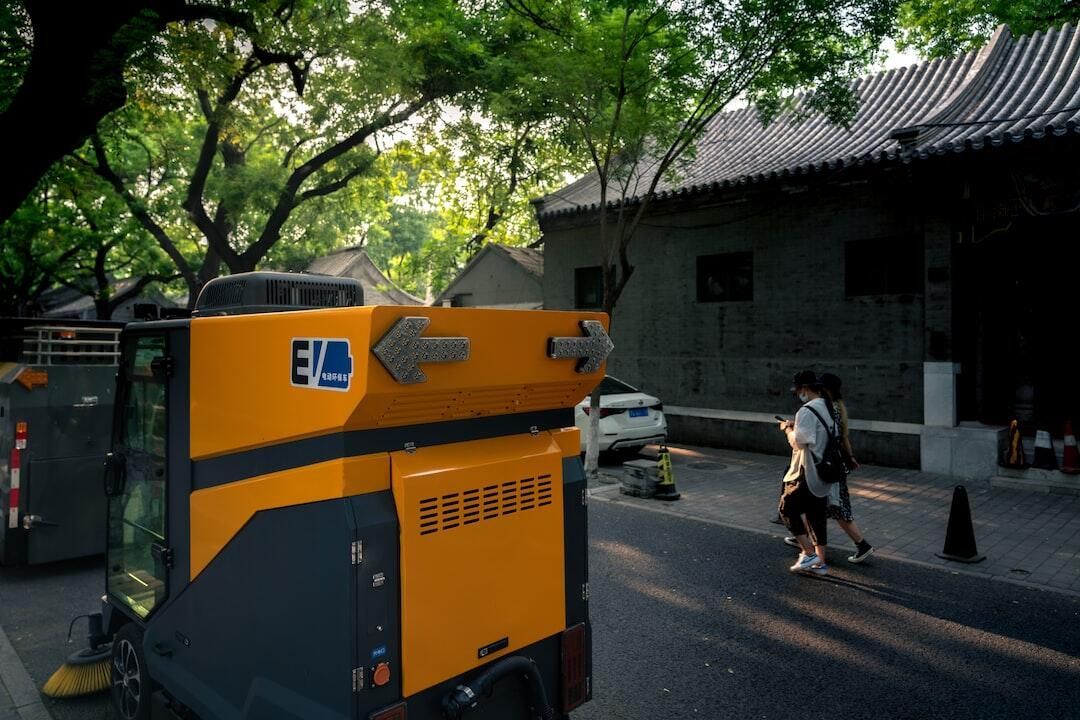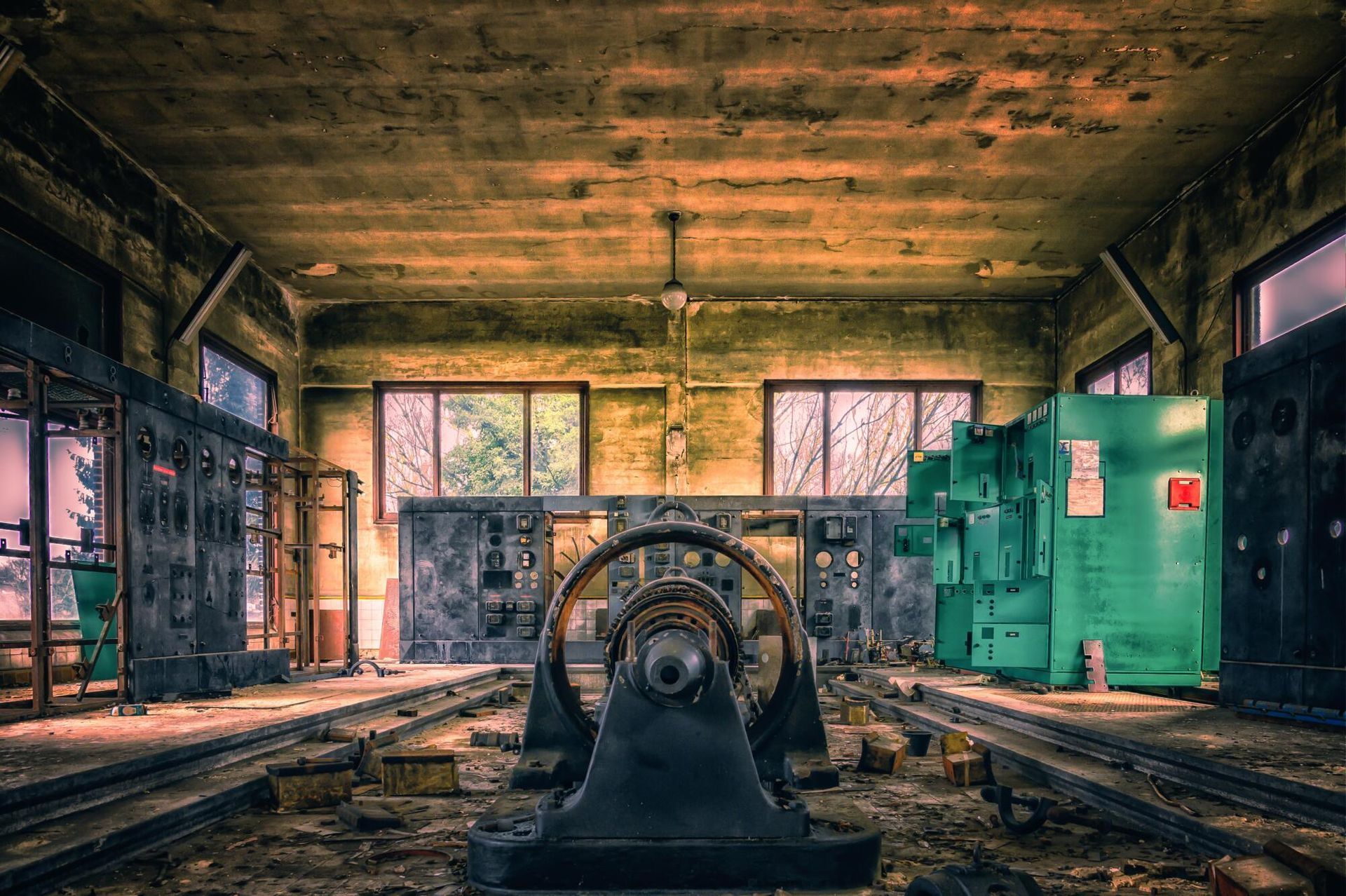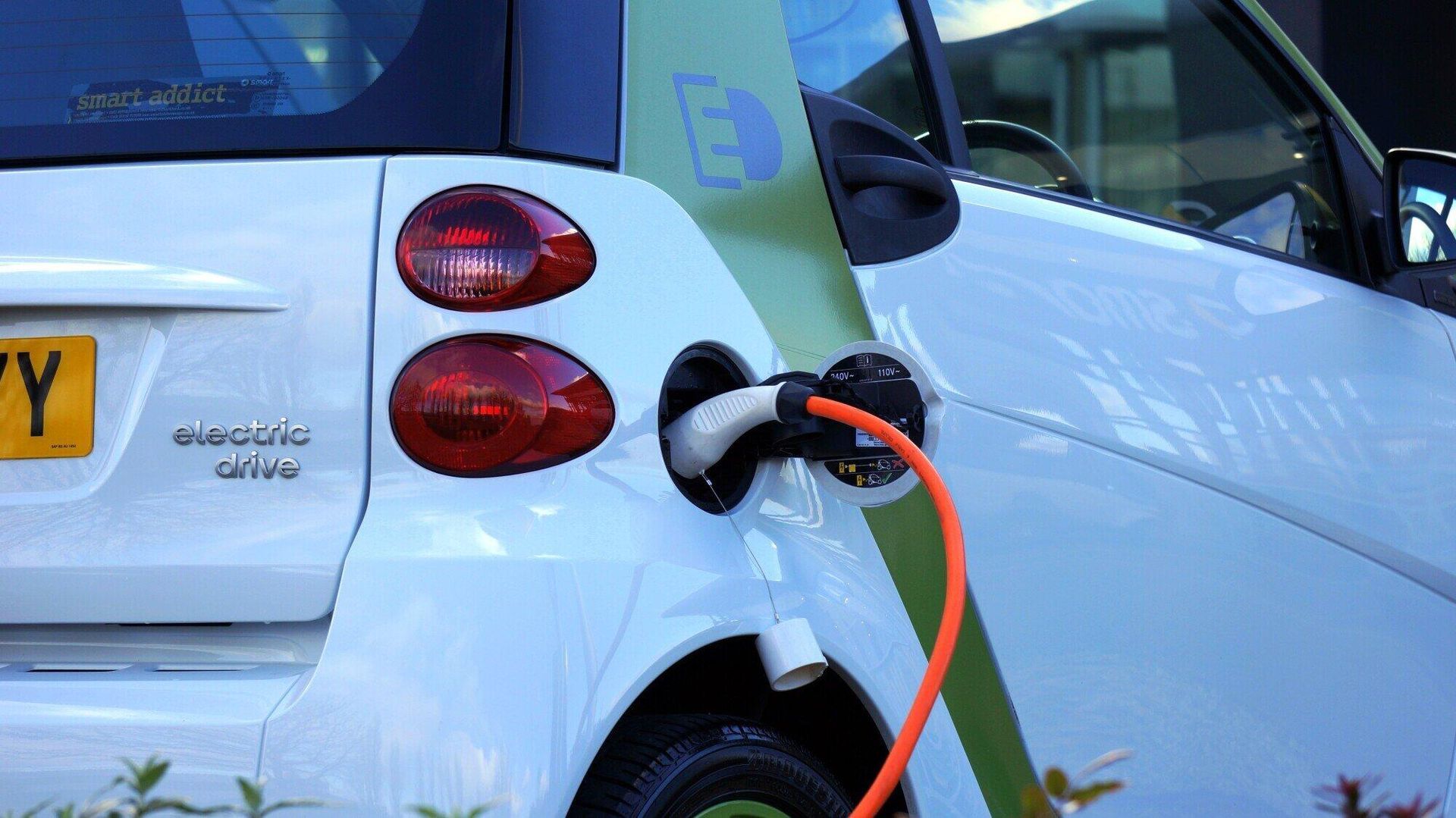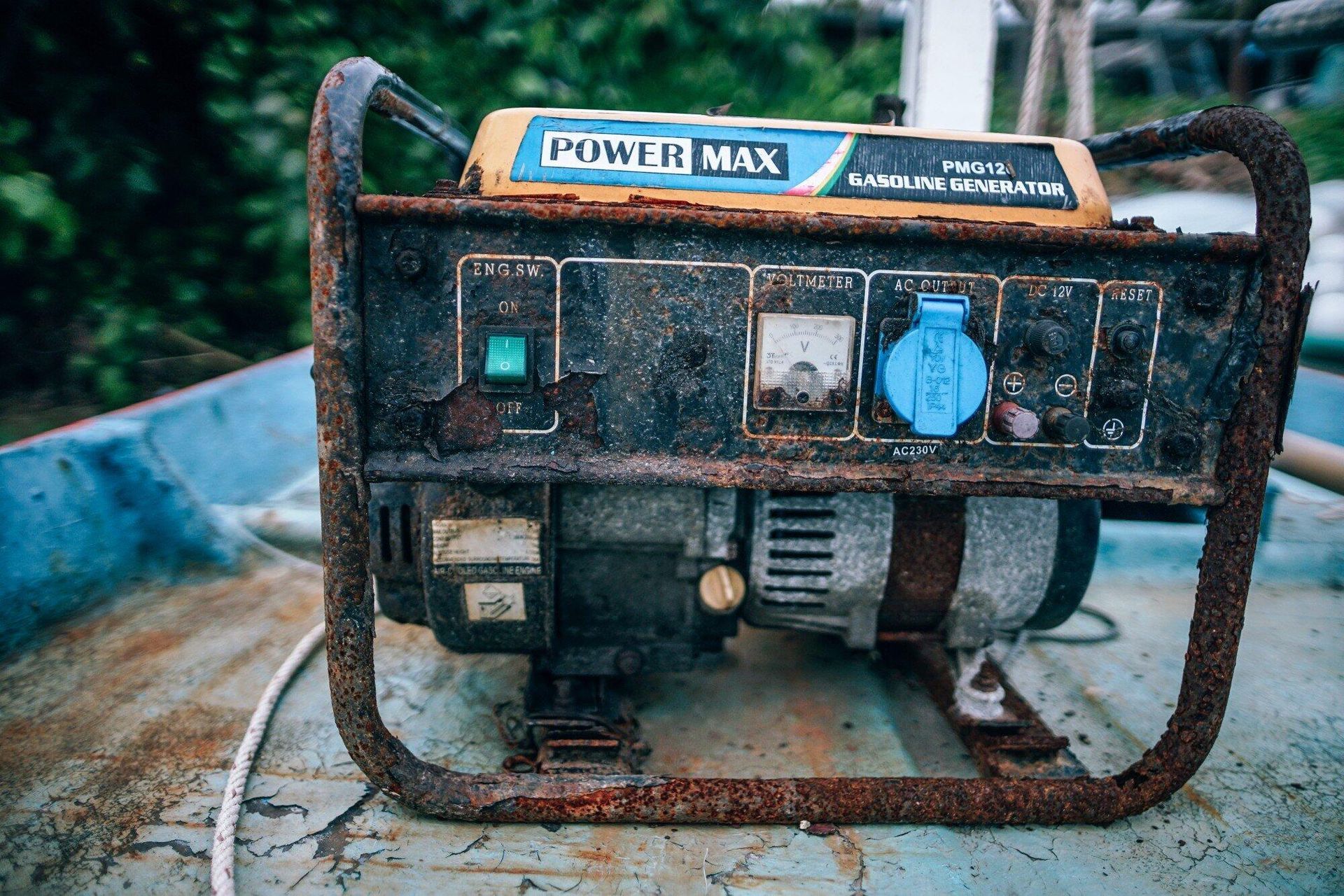Generator Sizing for Off-Grid Living: Achieving Energy Independence
Living off the grid isn't easy. You have to give up many modern conveniences that most people take for granted. According to Smart Water, in some states, living off the grid is further complicated by local regulations--some states even regulate collecting rainwater!
Thankfully, Virginia supports personal freedom and has a great climate, making it an attractive place to set up off-grid. A reliable generator is crucial for making it work. However, you can't just buy any generator-you need to select one that aligns with your power needs.
So, how do you figure out which generator sizing option works for you? Read on to learn more about off-grid power solutions.
Understand Your Energy Requirements
Achieving energy self-sufficiency is an attainable goal, but only if you crunch the numbers. A good generator needs to handle your daily energy use and have enough headroom for fluctuations. Determining your daily energy use is fairly simple, but your numbers must be accurate.
You'll have to figure out the wattage of all your electronic devices. Thankfully, device manufacturers usually provide accurate wattage information.
According to the Department of Energy, you should just look for labels on your appliances. If there's no label, the information should be easily accessible on the manufacturer's website.
To calculate how much energy you use each day, multiply the power consumption of each appliance by the number of hours it is used. By adding all these figures together, you'll determine your daily energy consumption in watt-hours. According to the California Public Utilities Commission, you could also use the readings from a smart meter.
Smart meters make sense as they account for forgotten devices and help protect against miscalculations.
Figure Out the Peak Load
You'll probably find your house is full of power-hungry devices. Game consoles, computers, and TVs all require a reasonable amount of energy, but despite your kids' best efforts, they're likely not running all day long. So, it's not enough to simply calculate the watt-hours of every device. If you're not accounting for when they're used, the numbers don't mean much.
Your generator must handle the peak energy usage times in your household. Generally, this will be when cooking meals or when the house needs heating, but every household is different. When sizing generators, you'll need something that handles your peak loads; otherwise, you'll lose power when you need it the most.
Don't Forget Seasonal Variation
Sometimes, people take meticulous wattage readings and painstakingly calculate maximum peak loads, but they still end up with a generator that's not providing enough power. Often, it's because they didn't account for the seasons. Think about it: does your household have the same energy requirements in summer as in winter? Things like heating and cooling can significantly alter your power requirements throughout the year, so make sure you account for them.
Considering the Various Generator Types
Once you know your power requirements, you're ready to consider the type of generator you want. Typically, you can choose between a portable generator or a standby generator.
Portable Generators
These types of generators are the most flexible and affordable option. Generally, they'll handle from 1,000 watts (1 kW) to 7,500 watts (7.5 kW). So, if you have higher power requirements, this kind of generator might not be sufficient. As the name suggests, you can easily move a portable generator to another location. Depending on your needs and lifestyle, this could be a huge advantage or even a non-negotiable requirement.
The tradeoff is that you must start these generators manually, making them unsuitable for automated backups. You'll also need to position them carefully, as putting a portable generator in an unsuited location could be quite dangerous.
Standby Generators
Standby generators can handle much higher loads but are bulky and must be installed at a fixed location. They offer significantly more potential wattage than portable generators, typically ranging from 10,000 watts (10 kW) to 22,000 watts (22 kW). They're ideal for those who require reliable backup power, as these generators can automatically activate when the main power goes out.
Inverter Generators
These generators offer a similar power output to portable generators, but (for a higher price) they come with special features, such as:
- Quieter operation
- Cleaner power, making them more suitable for delicate electronics
- Increased fuel efficiency
- Portability
Understanding Load Capacity
You'll also need to consider load capacity. Not everyone realizes that generators have an optimal power range to operate at peak efficiency. Drawing too little or too much power can result in excessive fuel consumption, which increases operating expenses. Typically, generators work best at around 70-80% of their maximum capacity.
Extra headroom is beneficial, but it shouldn't mean constantly running your generator below its optimal capacity. Inverter generators are less susceptible to this issue, as they can adjust their engine speed according to the load.
Don't Forget About the Noise
One of the biggest advantages of off-grid living is the peace and quiet, so you don't want to spoil that with the noise of a generator. If noise is a concern, consider low-noise options such as inverter generators or a soundproof enclosure.
The Best Generator Sizing for Off-Grid Living
Selecting your generator sizing for off-grid living ultimately depends on your lifestyle. If you have few possessions and tend to move frequently, a portable generator might be the best option, as you can easily take it with you when you relocate. However, if you live in a fixed location and need to power more appliances, you're likely looking for a standby or inverter generator.
At Vancelectric, we are your trusted experts for comprehensive generator maintenance and repair services. Led by Vance Cowper, our experienced team specializes in various generator types and is proud to be an authorized Generac® dealer.
If you're considering living off the grid, we can help you choose, install, and maintain a generator system that meets your energy independence requirements. Since 1998, we've been helping Virginians reduce their dependence on the power grid. Contact us today, and let's talk about your generator sizing.
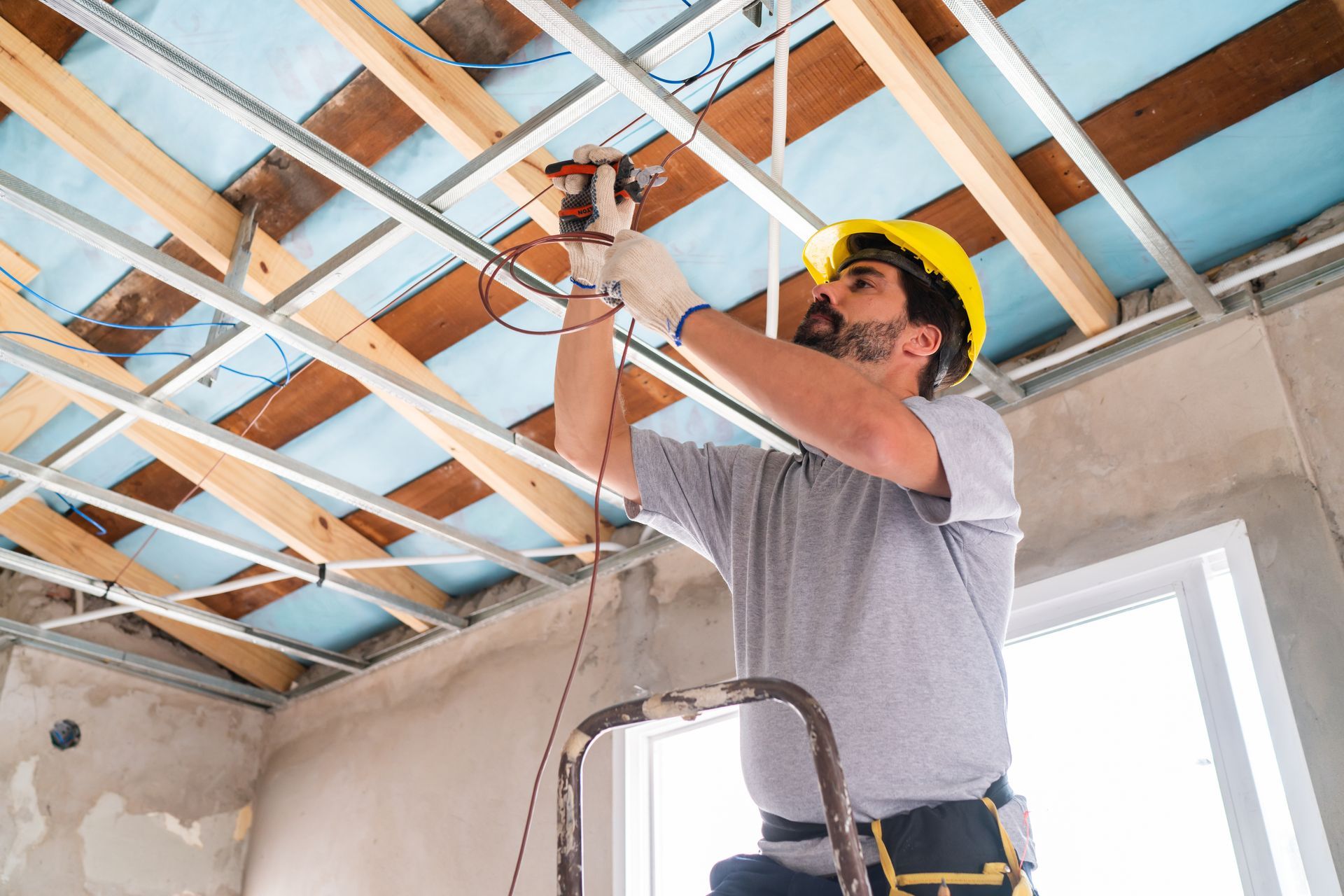
Why Hiring a Licensed Electrician in North Carolina is Crucial for Your Home's Safety and Compliance

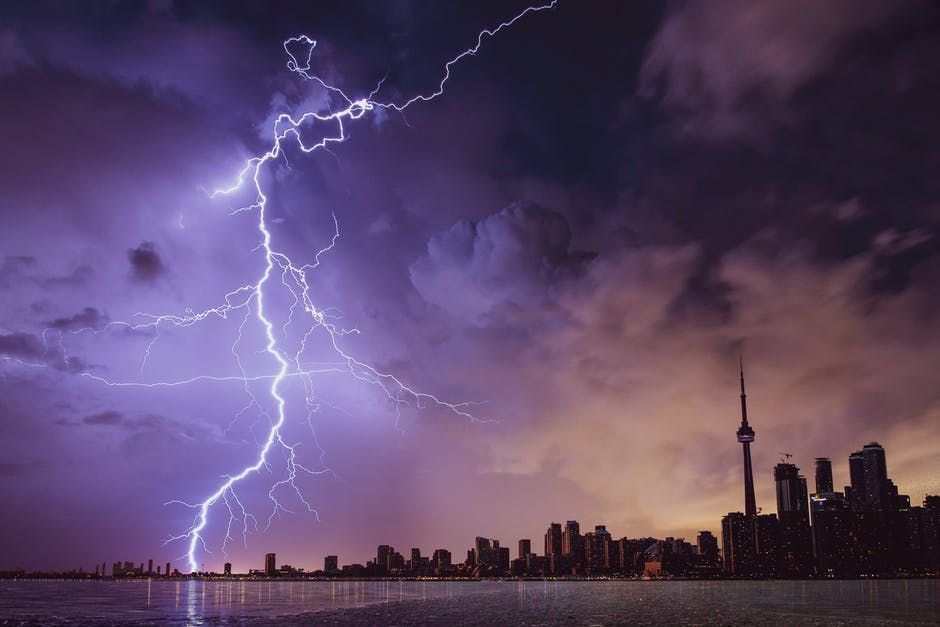
Vance Cowper, the owner of the company, has built a reputation for excellence in the field of generator sales, installation, and service, with a specialization in portable, residential, and commercial systems.
With over 25 years of experience in electrical construction and maintenance, including 13 years focused on facility maintenance, Vance and his team are committed to providing expertly installed generator systems, including whole house generators. These systems ensure the safety and security of families during power outages, offering peace of mind with affordable home standby generators that protect against utility power loss.
Vance is a Virginia-licensed master electrician and electrical contractor. He has also received extensive training from Generac® on commercial generators. In addition, he is a certified infrared thermographer, further enhancing his technical expertise.
His team consists of manufacturer-certified technicians who are trained to handle both residential and commercial installations. Each installation adheres to code-compliant design standards and uses high-quality copper wiring. Additionally, all generator systems are backed by the manufacturer’s warranties and include a multi-point inspection to ensure long-term performance.


